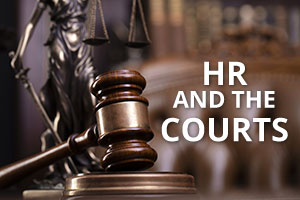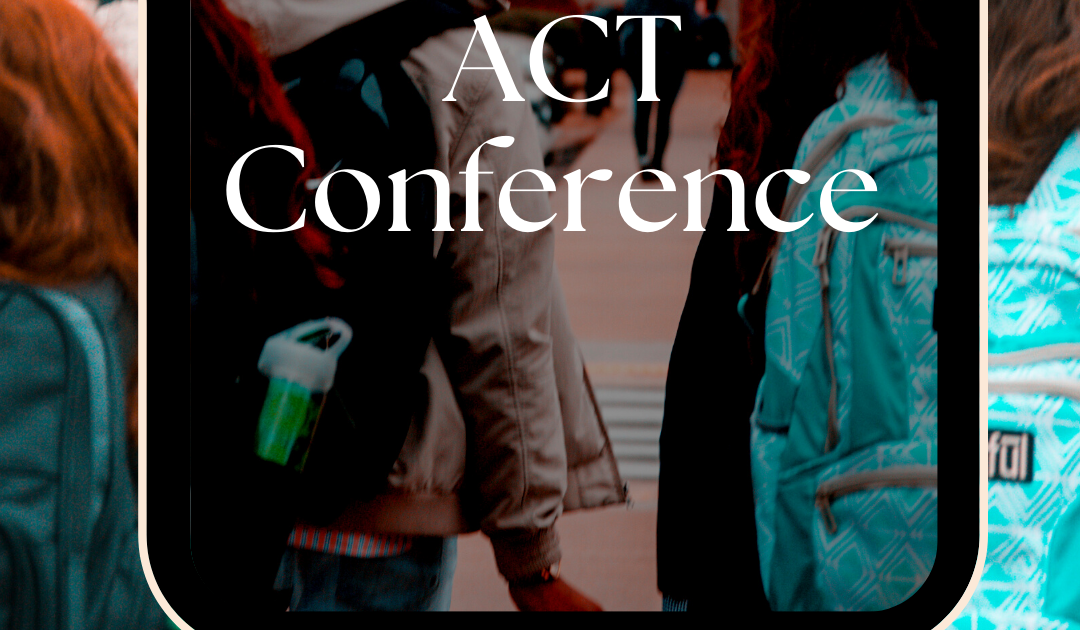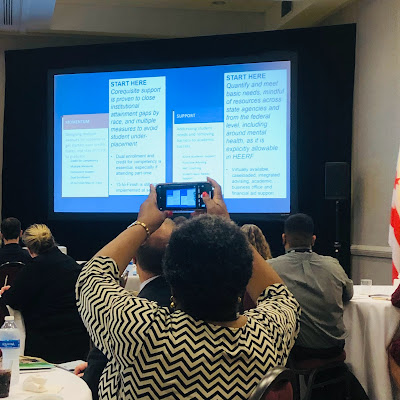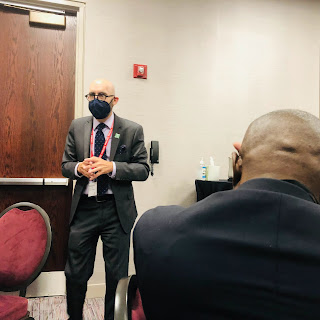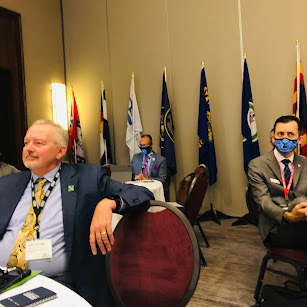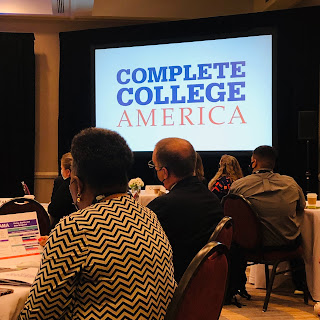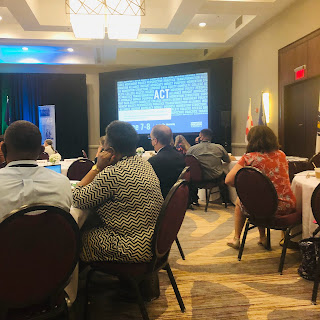by CUPA-HR | June 12, 2024
Each month, CUPA-HR General Counsel Ira Shepard provides an overview of several labor and employment law cases and regulatory actions with implications for the higher ed workplace. Here’s the latest from Ira.
Judge Halts Academic Workers’ Strike at Several University of California Campuses
The University of California has taken legal action against United Auto Workers Local 4811, which represents some 48,000 academic workers and graduate students across UC’s multiple campuses. The lawsuit requested an injunction to end the rolling strike at six campuses, which the university contended is in violation of the applicable no-strike contractual provisions. The judge granted the university’s request for a temporary restraining order on June 7, 2024. The order will halt the strike until the judge conducts a hearing over whether to grant a permanent injunction enforcing the no-strike provisions of the applicable labor contract (Regents of the University of California v. UAW Local 4811 (Cal Sup Court, No. 30-2024-01403666-CU-MC-CXC, 6/7/24)).
This case followed the university’s complaint to the California Public Employment Relations Board alleging that the union had violated the applicable no-strike provisions. The board filed a complaint against the union, arguing it failed to give the university “adequate advance notice” and “failed and refused to meet and confer in good faith,” but declined the university’s request to seek a court order halting the strike.
Following its exhaustion of all remedies at the state board, the university filed its own state court complaint, seeking to end the strike. The complaint accused picketers of blocking entrances to university property, including hospitals, and illegally occupying buildings. The university argued that the breach of contract endangers lifesaving research at hundreds of laboratories across many campuses. The UAW claimed that the no-strike clause is inapplicable because the university violated state law by calling in police to break up pro-Palestinian encampments on several campuses and allegedly changed workplace rules in response to the protests. The proceedings will continue with a full hearing over whether to convert the restraining order into a permanent injunction further barring the strike activity.
University of Florida Recruit Sues Over Claimed $13.85 Million NIL Deal — NCAA Proposes Settlement of NIL Class Action
A former football recruit has sued the University of Florida’s football coach and boosters, alleging they recruited him with the promise of $13.85 million in name, image and likeness payments and then reneged. The complaint, filed in federal district court in Florida, alleges fraud, tortious interference and other claims. The plaintiff alleges that, after the NIL offer, he rejected other lucrative offers only to have the Florida offer “decrease drastically” (Rashada v. Hathcock (N.D. Fla., 3:24-cv-00219, complaint 5/21/24)).
The plaintiff alleges that, as a 19-year-old college-bound athlete, he was persuaded by a network of university officials and donors to flip on his commitment to the University of Miami, but they never came through on the NIL promises. After the deal never materialized, the plaintiff went to the University of Arizona instead and ultimately transferred to the University of Georgia.
Separately, the NCAA and the Power Five conferences have proposed a nearly $2.8 billion settlement of the class action claim against them relating to their former ban on NIL payments to student-athletes. If the settlement is approved, the NCAA also agrees that it would no longer attempt to regulate NIL payments, which would be solely up to each college and university to determine and administer (In Re College Athlete NIL Litigation (N.D. Cal., No., 4:20-cv-03919)).
Court of Appeals to Review Whether Discharge for Refusal to Take Anti-Discrimination Training Is Itself Discriminatory
The 7th U.S. Circuit Court of Appeals (covering Illinois, Indiana and Wisconsin) will decide whether to affirm a federal trial court’s dismissal of a discrimination claim brought by a White employee. The employee claimed he was discharged in violation of federal and state anti-discrimination laws for his refusal to take the employer’s mandatory anti-discrimination training, which he claimed was discriminatory. The plaintiff claimed the training was inherently biased against White employees, after admitting he had no knowledge of the contents of the training (Vavra v. Honeywell International Inc. (Case No. 23-02823, oral arg sched 5/21/24)).
The trial court concluded that the plaintiff’s internal emails to the company’s president, which accused the company of “race baiting,” were protected communications. The court further concluded that the plaintiff was not terminated for the communications, but rather because of his refusal to take mandatory anti-discrimination training that was not itself discriminatory. The employer’s diversity, equity and inclusion and law departments had properly vetted the training and concluded it was intended to foster an inclusive work environment.
U.S. Supreme Court Rejects White Professor’s Claims of Race and Sex Discrimination Filed Against HBCU
The Supreme Court turned down a request for certiorari and declined to hear a White law school professor’s claim that the 5th U.S. Circuit Court of Appeals had erroneously dismissed her claim of race and sex discrimination and retaliation under Title VII and the Equal Pay Act. The law professor had claimed that the appeals court erroneously dismissed her claims that she and other female professors were treated poorly in violation of Title VII and the Equal Pay Act and that she was forced to resign from Texas Southern University, a historically Black institution. The court denied the professor’s two petitions for it to hear her case without issuing an opinion (Sacks v. Texas Southern University (Case Nos. 23-891 & 23-1031, Cert denied 5/13/24)).
The plaintiff asked the Supreme Court to adopt a “totality of circumstances” standard in determining whether her claims of years of “alleged” harassment and continuing violations justified her conclusion that she felt compelled to resign. The plaintiff also complained that the lower court had denied her the right to receive female wage data while requiring her to identify male comparators to make her Equal Pay Act claims. The Supreme Court denied the professor’s request to be heard in the absence of a response from the university, which had waived its right to respond to the professor’s petitions.
In Employment Law Matter, U.S. Supreme Court Rules Federal Courts Can No Longer Dismiss Federal Lawsuits Subject to Mandatory Arbitration
The U.S. Supreme Court resolved a split among federal appellate courts on whether, under the Federal Arbitration Act, federal trial courts can dismiss rather than stay a lawsuit that is covered by the terms of a mandatory arbitration agreement pending the outcome of arbitration. The 1st, 5th, 8th and 9th U.S. Circuit Courts of Appeals have previously allowed dismissal while the 2nd, 3rd, 6th, 7th, 10th and 11th have ruled that the case must be stayed pending the outcome of the arbitration.
The case involved a group of drivers who claimed they were misclassified as independent contractors rather than employees entitled to minimum wage, overtime and paid sick leave under federal and state laws. Both sides agreed that the dispute was subject to a mandatory arbitration agreement. The 9th Circuit ruled the case should be dismissed. The Supreme Court reversed, concluding that the specific provisions of the Federal Arbitration Act require the courts to stay the action while it is referred to arbitration, pending the outcome of the arbitration (Smith v. Spizzirri (US No, 22-1218, 5/16/24)).
Texas Sues EEOC Over Guidance Protecting LGBTQIA+ Employees From Sex Harassment Relating to Their Choice of Pronouns and Bathrooms Consistent With Gender Identity
The Texas attorney general has filed suit in federal court seeking to block enforcement of the Equal Employment Opportunity Commission’s recent guidance aimed at shielding LGBTQIA+ employees who seek to use pronouns and bathrooms consistent with their gender identity. The Texas suit alleges that the most recent EEOC guidance goes beyond the statutory limits of Title VII just as the prior EEOC workplace guidance, which was vacated in Texas federal court, did (The State of Texas v. EEOC (N/D. Tex., 2:21-CV-194-Z, Complaint, filed 5/21/24)).
Separately, a coalition of 18 Republican attorneys general have also filed suit, seeking to block this EEOC guidance and alleging the same legal overreach by the EEOC.
Share This Article:




